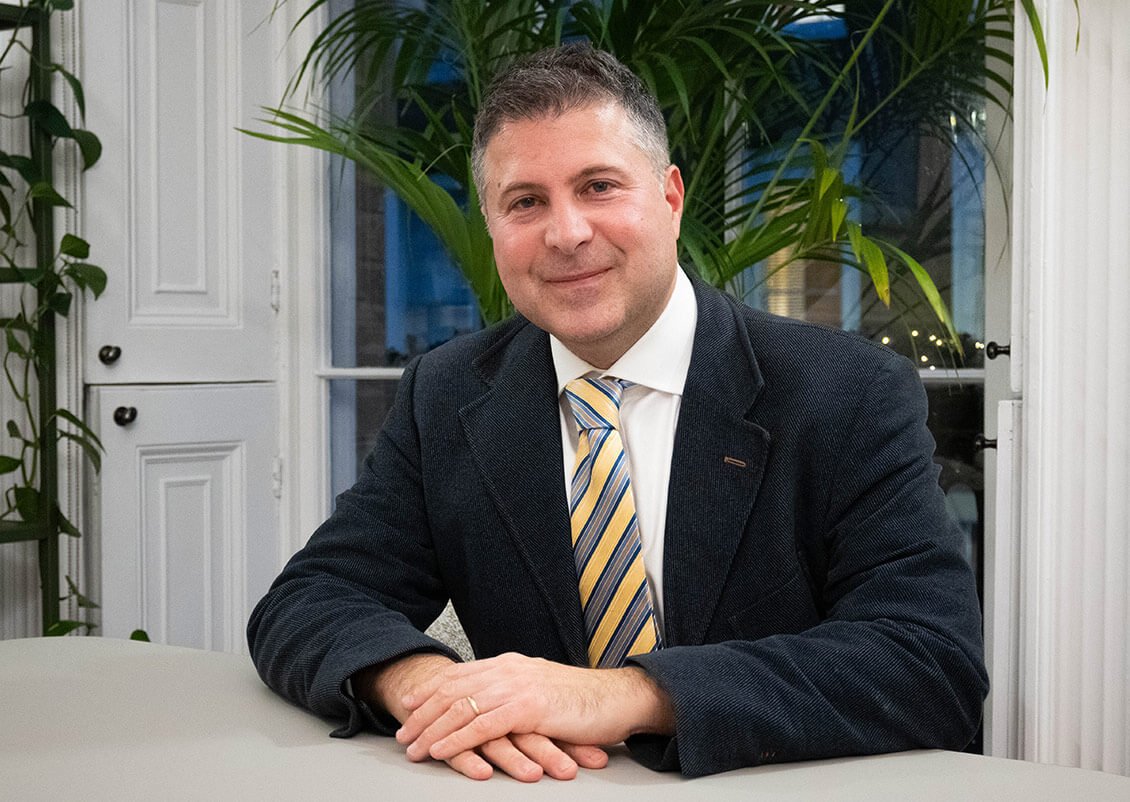 Topics Covered
Topics Covered
 Topics Covered
Topics Covered
Understanding Thymic Tumours
The thymus gland plays an important role in the immune system, helping produce T-cells during childhood.
Thymic tumours occur when cells within the gland grow abnormally, forming thymomas or thymic carcinomas.
While most thymic tumours are slow-growing, some can behave aggressively and spread to nearby tissues, such as the lungs or pleura.
Main types:
- Thymoma: generally slow-growing and often discovered incidentally on scans.
- Thymic carcinoma: rarer and may be more aggressive, requiring combined treatment.
Symptoms and Diagnosis
Early stages of thymic tumours may cause no symptoms.
As the tumour grows, it can press on surrounding structures in the chest, leading to some of the following common symptoms.
Common symptoms include:
- Persistent cough
- Shortness of breath
- Chest pain or fullness
- Difficulty swallowing
- Hoarseness
- Swelling of the face or neck (due to pressure on blood vessels)
Some thymic tumours are associated with autoimmune conditions such as myasthenia gravis, which can cause muscle weakness and fatigue.
Diagnostic Investigations
Diagnosing thymic tumours involves imaging and sometimes tissue sampling.
Common tests include:
- CT or MRI scan: to define the size, shape and position of the tumour.
- PET scan: to assess activity and detect spread.
- Biopsy: performed when the diagnosis is uncertain or before starting systemic therapy.
All results are reviewed within a multidisciplinary team (MDT) to determine the best treatment approach.
Treatment Options
Treatment for thymic tumours depends on the type, stage, and overall health of the patient.
The goal is complete tumour removal whenever possible, supported by additional therapies if required.
Surgery
Surgery is often the main treatment for early-stage thymomas, aiming to completely remove the tumour and surrounding tissue.
Minimally invasive techniques (VATS or robotic surgery) may be used when appropriate.
Radiotherapy
Used after surgery (adjuvant radiotherapy) to lower the risk of recurrence, or as a main treatment when surgery is not feasible.
Chemotherapy
Can be used before surgery (neoadjuvant) to shrink the tumour or after if cancer cells remain.
Regimens often include cisplatin, doxorubicin, and cyclophosphamide.
Targeted and Immunotherapy (in selected cases)
For advanced or recurrent thymic carcinoma, new treatments such as pembrolizumab (anti–PD-1 immunotherapy) may be considered.
Every treatment plan is carefully tailored to the individual through MDT review, ensuring safety, precision, and continuity of care.
Living with and Beyond Thymic Cancer
After treatment, patients benefit from regular follow-up visits with imaging and clinical review to monitor for recurrence or late effects. Supportive care includes breathing exercises, fatigue management, and psychological support to help patients return to everyday life with confidence and reassurance.
Your Thymic Tumour Care Journey
Step 1
Specialist Consultation
Quick access to a thoracic oncology specialist to review your history, symptoms, and imaging results.
Step 2
Diagnostic Review
Prompt imaging and biopsy to define the tumour type and stage, followed by multidisciplinary team discussion.
Step 3
Personalised Treatment Plan
Your care plan is tailored to your diagnosis — whether surgery, radiotherapy, chemotherapy, or a combined approach.
Step 4
Targeted Therapy & Supportive Care
Advanced treatments are coordinated by experienced specialists, ensuring comfort, precision and continuous communication.
Step 5
Follow-Up & Long-Term Support
After active treatment, regular reviews and ongoing support maintain wellbeing and monitor recovery.
Support and Follow-Up Care
Dr Papadatos-Pastos and his team provide ongoing support beyond medical treatment.
Patients receive clear communication, psychological care and access to nutrition, physiotherapy and symptom-management services.
Regular follow-up ensures early detection of recurrence and long-term wellbeing.

Book a Consultation
If you or someone close to you has been diagnosed with lung cancer, early consultation with a specialist can make a real difference. Appointments are available at several London clinics.
Faq
Answers to Common Questions
Here are some of the most common questions about thymic tumours and their management.
Most thymomas are low-grade cancers that grow slowly, while thymic carcinomas tend to behave more aggressively.
Many early-stage thymomas can be completely removed with surgery and have an excellent prognosis.
Yes — around 30–40% of patients with thymoma develop myasthenia gravis or other autoimmune conditions.
CONDITIONS TREATED
Dr Dionysis Papadatos-Pastos specialises in diagnosing and treating complex thoracic cancers with evidence-based therapies and compassionate care.
Dr Dionysis Papadatos-Pastos
Consultant Thoracic Oncologist — MD, MRCP(UK), PhD.
Dr Dionysis Papadatos-Pastos is a consultant medical oncologist specialising in lung cancer, mesothelioma, and thymic tumours. He combines up-to-date, evidence-based treatments with a compassionate, multidisciplinary approach to personalised cancer care. Languages: English, Greek. Consultations: in-person, phone, video.
Key areas:
Lung cancer · Mesothelioma · Thymic tumours
Hospitals & clinics:
The London Clinic — Outpatient Clinic, 116 Harley Street, London W1G 7JL.
LOC — Leaders in Oncology Care (HCA UK) — 95–97 Harley Street, London W1G 6AF.
Cromwell Hospital — 164–178 Cromwell Road, London SW5 0TU.
Professional profiles:

